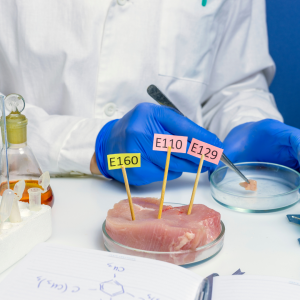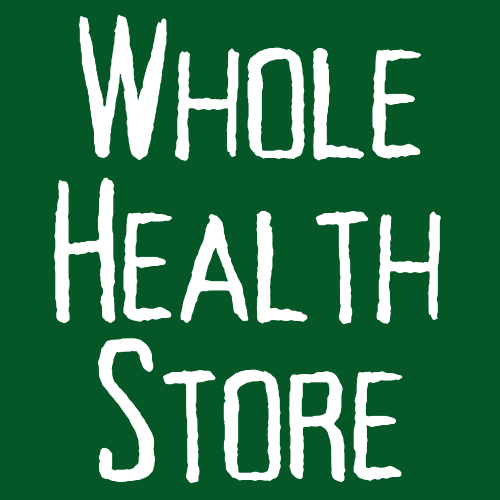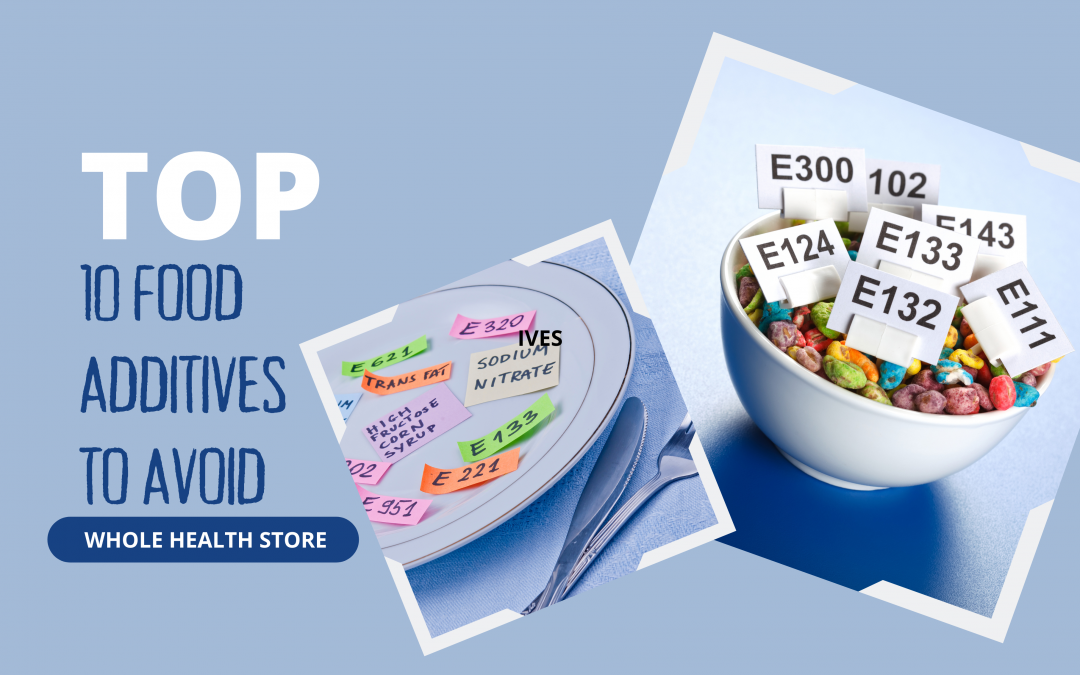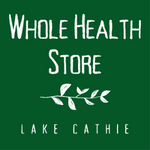TOP 10 FOOD ADDITIVES TO AVOID
Our #1 Tenet of Health could really be summed up as…don’t eat toxins!
Modern life has unfortunately brought with it a plethora of chemicals and our foods are not exempt! Some chemicals are added to keep food fresh; some are added for flavour and enhancement; and some of these can be questionable for our health.
The Chemical Maze App is a great tool to have handy when learning about certain food additives. It identifies the risk levels of ingredients to help you choose your food more wisely. They also list cosmetic ingredients. According to them the average person exposes themselves to up to 175 different chemicals each day.

The average person exposes themselves to up to 175 different chemicals each day.
Not everybody reacts to the same chemicals in the same ways. Some people can be severely allergic and other people might have milder symptoms of intolerance.
Additives are not the only concern in foods…some foods in and of themselves can present some challenges to our health based on naturally occurring compounds and the high amounts that we end up consuming.
It is a good idea to get to know what is in your food and be aware of some of the harmful effects this can have on your health. Once aware, making a change to an additive-free and toxin-free way of eating can be one of the best preventative strategies to reduce the risks of common diseases associated with modern lifestyle mentioned in ‘The 9 Tenets of Health’.

Here’s the 10 worst food additives to avoid whenever possible:
- Hydrogenated oils
As mentioned above, these tend to prevail in most packaged foods and are used to enhance taste and extend shelf life. Oils or fats undergo and chemical process that saturates them with hydrogen. Hydrogenated oils are linked with an increase in LDL cholesterol and a decrease in HDL. There are some well-known and well-studied health concerns with these oils, such as heart disease and diabetes (1).
- High-Fructose Corn Syrup (HFCS)
This is awful stuff! It is a super refined sweetener, and it is found in most processed foods, including dressings and soft drinks. It is jam-packed with empty calories and it a major contributor to the obesity epidemic. It promotes insulin resistance, visceral fat, and high triglycerides, which are features of metabolic syndrome (2).
- Artificial Sweeteners
Try as much as you can to avoid artificial sweeteners, such as aspartame, saccharine, acesulfame-potassium, and sucralose. They are made with chemicals known to be neurotoxins and carcinogens (3). If you are going to add any sweeteners to your own for opt for natural sweetener, such as local, raw honey or stevia, xylitol, or monk fruit.
- Artificial colours
These have been linked to attention-deficit/hyperactivity disorder (4). Artificially food colours have also been found to be carcinogens or contaminated with carcinogens (5). Just say “No”.
- MSG – Monosodium Glutamate
If you have ever eaten a tasty take-away and then ended up with swollen, itchy red lips, dry throat, heart palpitations, headache, and puffiness then you know full well the effects of MSG. It has also been linked to asthma. MSG excites brain cells and might lead you to overeat. It sneaks into foods under many titles:
- Monosodium glutamate
- Hydrolysed vegetable protein
- Autolyzed yeast
- Hydrolysed yeast
- Yeast extract
- Soy extracts
- Protein isolate
- Nitrates and Nitrites
These are used to preserve, flavour, and add colour to processed meats, like bacon, ham, salami, cabanossi etc. They break down into nitrosamines, which have been deemed possible carcinogens. Nitrates and nitrites are found naturally in vegetables such as celery, fruits, water, and soil. Good advice would be to limit your consumption of processed products that contain these.
- Growth Hormones and Antibiotics in Animal Produce
These are given to conventionally raised cattle and sheep. These added hormones have been associated with early puberty and reproductive problems. The solution is to buy ethically raised and pasture raised animal products.
- Pesticides
Pesticides are sprayed over conventional fruit and vegetable crops to prevent pests destroying them. Farmers who are committed to holistic and sustainable land management avoid the use of pesticides by smaller scale farming, with rotational crops and animal integration, and focus on ensuring quality, nutrient dense soil which produces plants that are naturally more pest resistant. Pesticides are known endocrine disruptors and have been linked to metabolic malfunction.
- Chemical Antioxidants
BHT and BHA disrupt your endocrine system. Avoid preservatives as much as possible. The best way to do this is to eat fresh, local, and unprocessed foods.
- Artificial Preservatives
Such as Sulphur Dioxide (E220). This additive can trigger asthma and should be avoided in bronchitis, emphysema, and cardiovascular disease. It is often found in beer, wine, soft drinks, processed meats, bottled citrus juices, and juices. The best tips to avoid this one: choose fresh produce and check labels.
So, let’s get back to basics…eat fresh, local, seasonal unprocessed foods.
- https://www.nature.com/articles/1602973
- https://www.healthdirect.gov.au/how-to-reduce-visceral-body-fat-hidden-fat#health-risks
- https://www.ncbi.nlm.nih.gov/pmc/articles/PMC1474447/
- https://www.ncbi.nlm.nih.gov/pmc/articles/PMC3441937/
- https://pubmed.ncbi.nlm.nih.gov/23026007/


